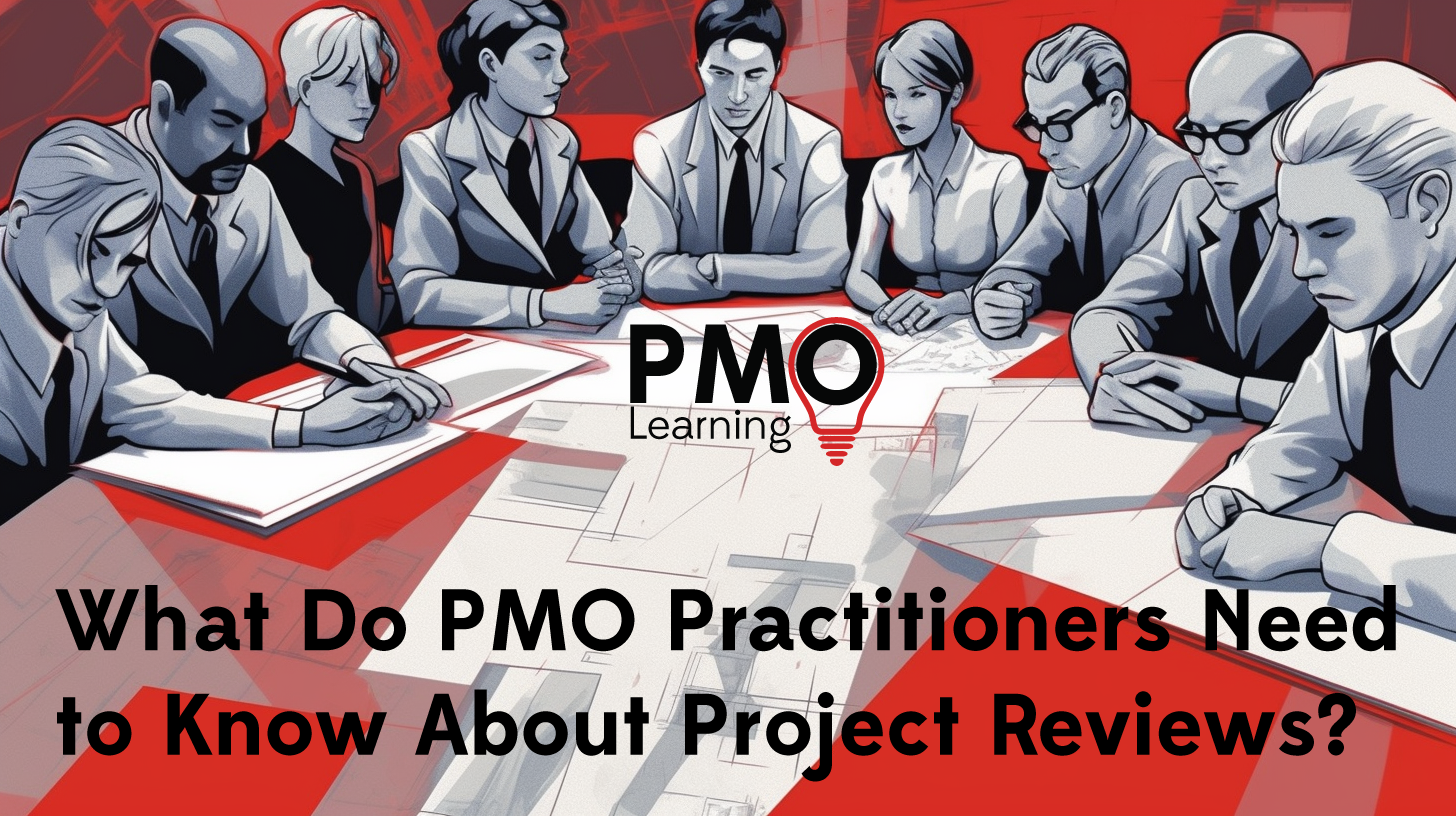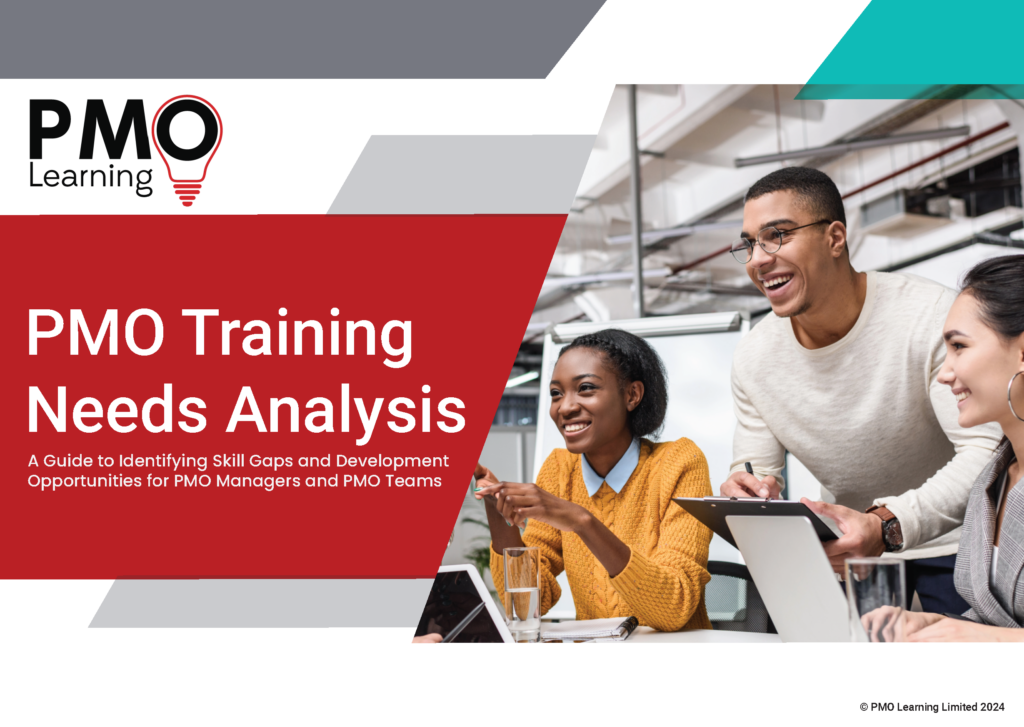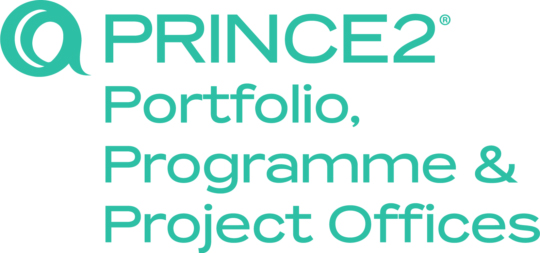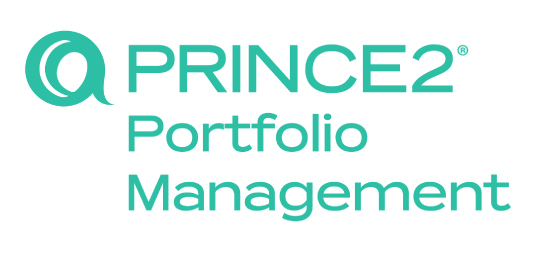 At PMO Learning, we run specialist courses alongside the certification-based ones (such as the Essentials, P3O, and MoP for example). These are the courses where we go deep into the areas where PMO practitioners spend a lot of their time – and they also tend to be the most challenging areas.
At PMO Learning, we run specialist courses alongside the certification-based ones (such as the Essentials, P3O, and MoP for example). These are the courses where we go deep into the areas where PMO practitioners spend a lot of their time – and they also tend to be the most challenging areas.
Assurance is one of those. Assurance is all about “assuring” that projects, programmes and portfolios are delivering what they set out to deliver – and being delivered correctly.
The two-day Assurance for PMO Professionals course is popular with all levels of PMO practitioners – and those working in all the different types of PMOs. It’s popular because, let’s face it, there is limited training focused on this area, specifically for PMO practitioners and their work. And it’s a really important project, programme and portfolio management area!
Let’s find out what this course delivers for the people that attend it:
- Be able to ensure the principles of good Assurance are met in all Assurance activities
- Learn how to establish and maintain effective independence
- Be able to conduct effective project reviews in a consistent way
- Learn how to flex Assurance approaches dependent on the delivery method
- Find an approach to consolidating Assurance reporting
- Be able to advise on the design and implementation of effective project, programme and portfolio (P3) Assurance arrangements.
- Provide Assurance that avoids duplications and omissions and provides confidence to all stakeholders cost-effectively and at the right time.
- And be reliably deployed in any P3 Assurance role within a PMO.
PMO practitioners should be able to support the organisation, delivery managers, teams and stakeholders by conducting project reviews effectively and consistently.
In this article, we will focus on the third takeaway for learners of the Assurance for PMO Professionals, ‘project reviews’.
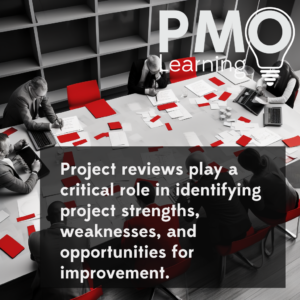 What are project reviews?
What are project reviews?
- Gate or Stage Reviews: Probably the most popular and most frequent review that happens, these reviews occur at key milestones or decision points, often called gates or stages, where project progress is assessed to determine whether to proceed to the next phase.
- Post-Implementation Reviews: Conducted after project completion, these reviews evaluate the project’s outcomes, benefits realisation, lessons learned, and the extent to which the project achieved its intended goals.
- Performance Reviews: These reviews assess the project’s performance in terms of cost, schedule, quality, and scope management. They analyse the project’s adherence to established plans, budgets, and performance targets.
- Risk Reviews: Focused on risk management, these reviews evaluate the project’s risk identification, assessment, and mitigation strategies. They assess risk management processes’ effectiveness and identify new or emerging risks.
- Lessons Learned Reviews: These reviews capture and document lessons learned throughout the project. They identify successes, challenges, and best practices to inform future projects and improve project management practices.
How does the PMO conduct project reviews?
The PMO plays a key role in conducting project reviews and the role will vary depending on the type of PMO and the services it provides in assurance. It will also vary depending on the level of experience of the PMO practitioner too.
For example, the PMO Administrator role may be responsible for gathering documents, informing people of the date and timings, arranging meetings or workshops, taking notes and minutes at the meetings.
For a PMO Analyst, the role may include designing the project review processes, conducting the reviews, and facilitating the meetings.
The PMO role may also include evaluating the project’s performance against set standards, recommending improvements, preparing action plans and monitoring ongoing progress.
By conducting project reviews, the PMO plays a vital role in assessing project performance, identifying areas for improvement, and ensuring projects align with organisational objectives. These reviews contribute to effective project management practices, enhance project outcomes, and support continuous organisational improvement.
In the Assurance for PMO Professionals course, you will start with the basics of what assurance is before getting into the details of your role in performing assurance activities such as project reviews.
